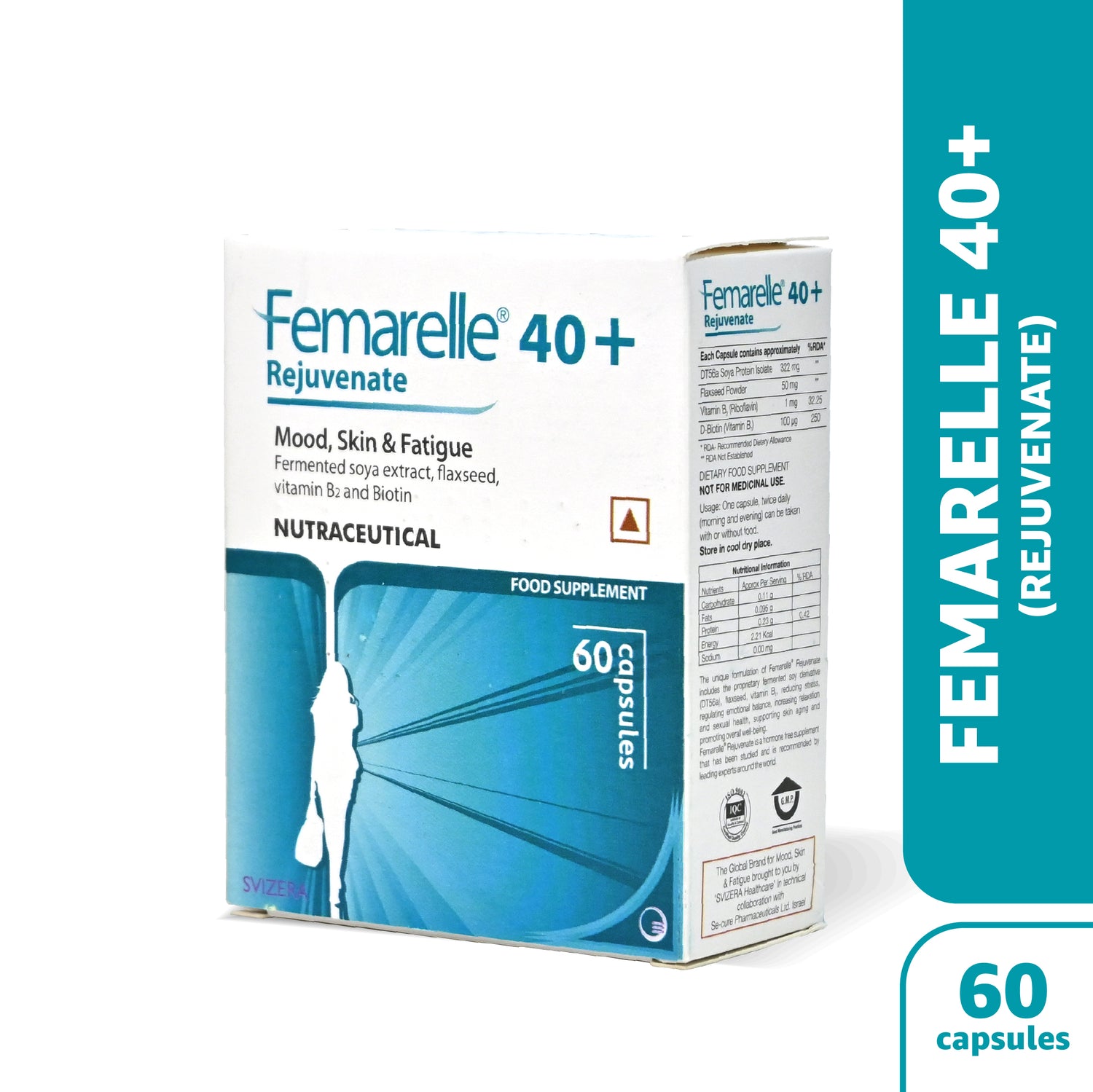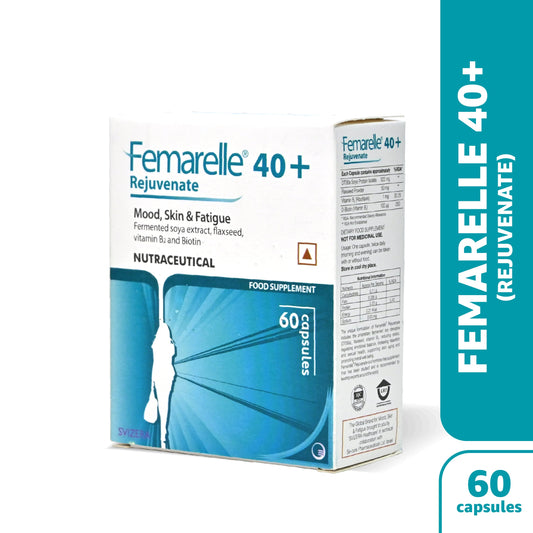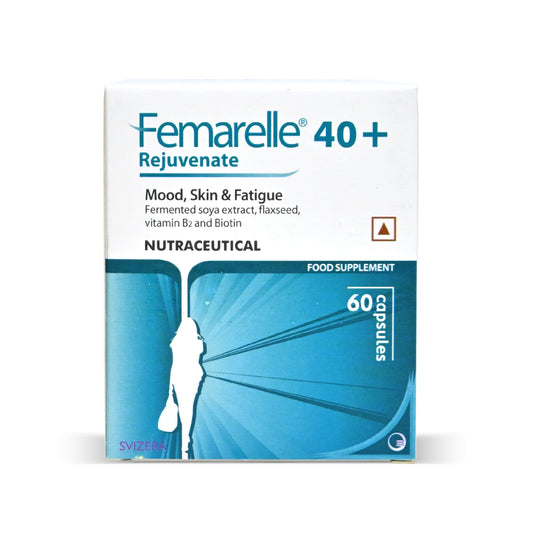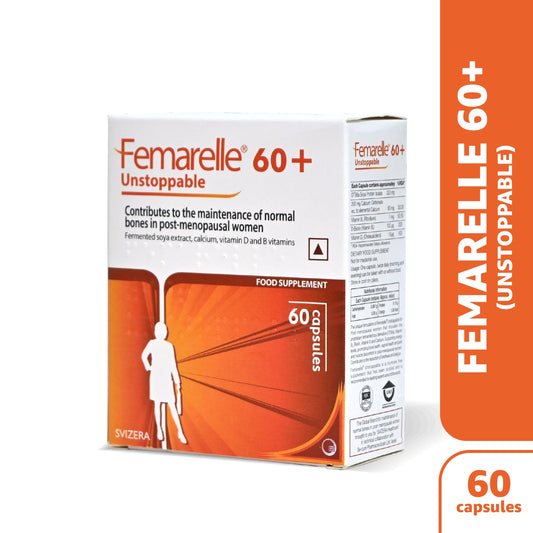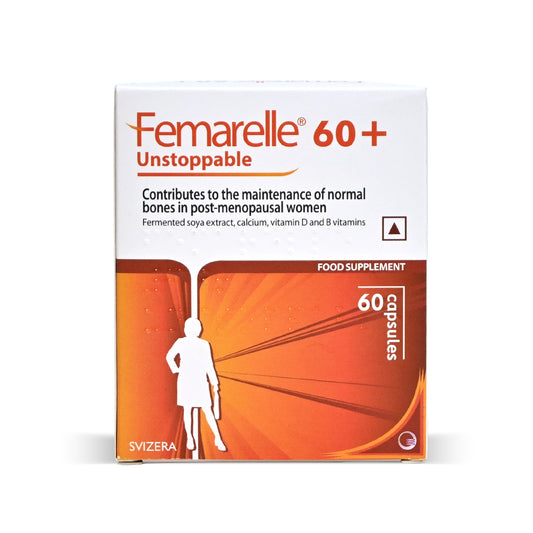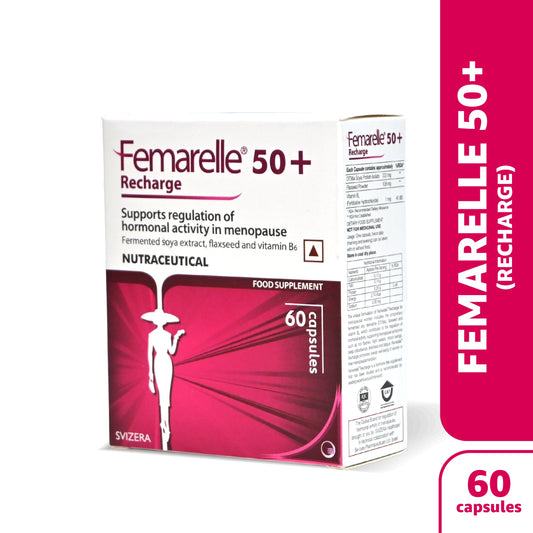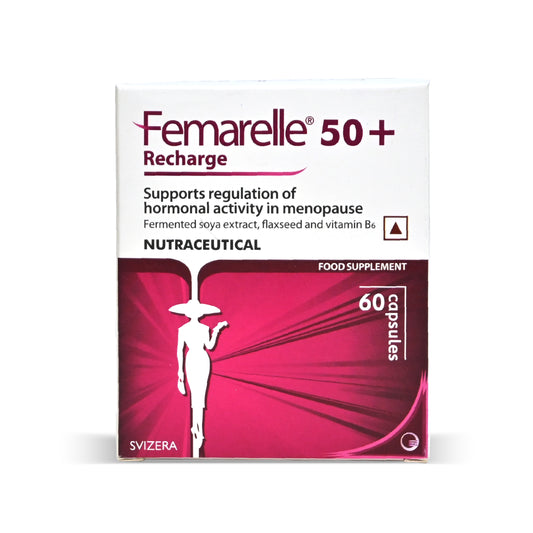
Menopause can happen in your 40s or 50s and marks the end of your monthly menstrual cycles. But again, it is different for every woman. When you are experiencing menopause, you are likely to experience a variety of physical symptoms such as vasomotor symptoms (VMS) that includes low energy, hot flashes, emotional ups and downs, and extreme tiredness which is referred to as fatigue.
Is it Normal to Experience Menopause Fatigue?
It is normal for everyone to feel tired from time to time. But such instances come and go, and everyone will recover well.
Unrelenting exhaustion, on the other hand, is more severe and lasts longer, and sometimes cannot be cured even after a complete rest. It is a feeling where you completely feel drained and low in energy and motivation, which thereby leads to concentration issues that can impact your overall quality of life. Fatigue during menopause can affect your mental and psychological well-being, too.
Many women experience such symptoms while going through menopause and the lack of constant quality sleep can catch them off guard.
What are the Causes of Menopause Fatigue?
As you are nearing your menopause, your hormone levels fluctuate leading your brain to wake up at all hours of the night. Low levels of progesterone can make you feel short-tempered and less relaxing.
It is also known that hormones like estrogen and progesterone help protect you from a condition called sleep apnea, which is a serious sleep disorder in which your breathing repeatedly stops and starts.
So, when you are going through menopause, you are no longer able to produce progesterone which indicates that you are no longer naturally protected from sleep apnea, which means that you are at risk.
Sleep apnea can lead to oxygen deprivation which may cause you to wake up several times during the night.
Not only the hormones, but other symptoms of menopause such as hot flashes and night sweats can also lead to poor sleep.
Manage your Menopause Fatigue
- Soy-rich foods – Foods that are high in soy give you the same benefits as that of estrogen in your body. This way you can even out some of the hormones.
- Avoid eating spicy foods – Spicy food can trigger hot flashes, hence, avoiding it is the best solution.
- Wear lightweight dresses – When you are going to bed, it is advised to wear lightweight clothing so that you can stay cool even if you are experiencing hot flashes.
- Exercise – Regularly exercising will help you fall asleep, thus improving your quality of sleep overall.
- Medication & therapies – Medications such as serotonin reuptake inhibitors (SSRIs) have shown to help you sleep better during your menopause. Hormone replacement therapies can also enhance your sleep quality, although the therapy is associated with certain health risks and concerns.
- Acupuncture – Alternative therapies like acupuncture, can also help improve your sleep quality and overall well being.
- Oral contraceptives – Although you are not technically a part of your childbearing years, oral contraceptives are still prescribed to you. Birth control pills are said to regulate your hormone levels and may ward you off extreme hot flashes and help regulate unpredictable periods during this time of life.
When to Consult Your Doctor?
When you are getting older, menopause is a natural phase, but that does not mean you have to suffer in silence. You can manage your menopause fatigue with certain tips as discussed above and make yourself feel comfortable.
If you are experiencing extreme menopause symptoms that can interfere with your daily routine, then it is high time that you visit your doctor. Mood and physical changes in your body are expected, but if it seems extreme and you are generally unwell, then it is a sign that you should not ignore it.
